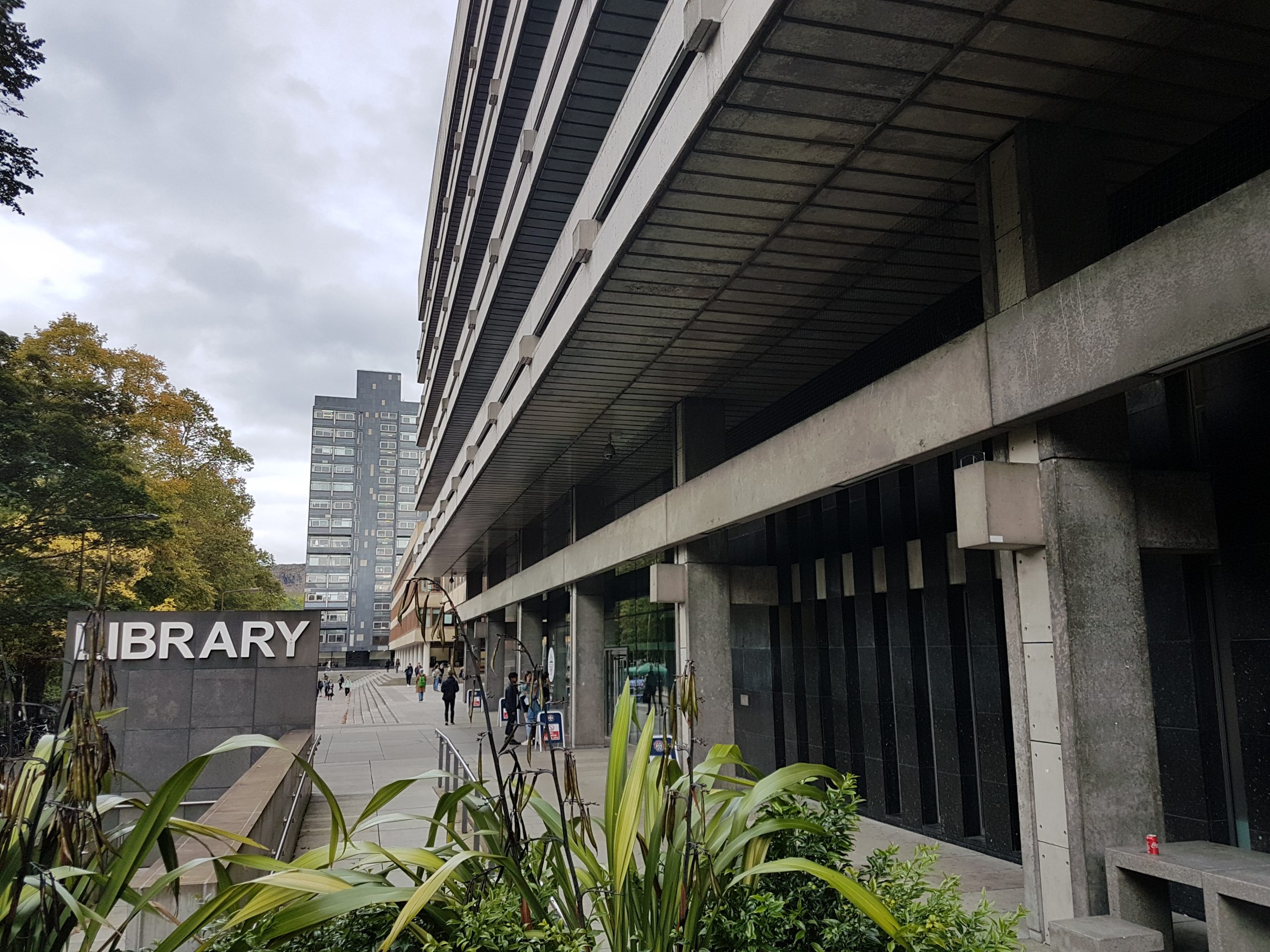In the context of the recent UCU strikes, debates over the fairness of tuition fees have become an increased issue of concern for students. Should students receive refunds for the tuition lost during strike periods? Are tuition fee rates fair at all in the first place? What about the disparity between fees paid by UK, international, European and Scottish students? And the effect of Brexit on European students’ fees?
To gain a sense of student feeling surrounding these questions, The Student conducted a small in-person survey of twenty-eight students, asking them how they feel about the relationship between the tuition fees they are paying and the tuition they are receiving. If they described problems in this relationship, they were asked them how they think these problems might be addressed. The survey took place around George Square campus. The Student mainly spoke with students paying UK and International fees, along with a few European students.
There is a strong consensus among the students I asked that tuition fees are much too high. This feeling is particularly strong with international students, whose fees are significantly higher than those paid by English students.
Several of the students surveyed feel that their contact hours are too low. European students confronted with the post-Brexit shift from EU fees to International fees were upset and confused at such a dramatic change in the price being placed on their education. Dissatisfaction with tuition fees is heightened by the negative impact students have experienced from covid, during which the quality of tuition and general university experience dramatically decreased, as well as staff strikes, which have been a repetitive occurrence throughout the majority of the surveyed students’ university experience.
Students were generally sympathetic to striking staff members and instead tended to place blame on university management or the UK government. A couple of students were particularly confused about the fact that they are paying such expensive tuition fees and yet are witnessing staff members striking over low wages, prompting them to ask the question: where is my money going?
One fourth year Medicine and Literature student said:
“Having four hours of contact a week I do not feel the tuition I am being charged makes sense and the ongoing strikes raise concerns over what is done with this money if university lecturers lack job security. I do not feel the answer is to simply increase hours of tuition as Literature does require rumination and independent study. Having said that, I think the university could work on making me feel more connected to my degree and more supported. Moreover, I think interest should not be charged to tuition loans until students have graduated.”
Despite the strong consensus regarding the unfair rate of tuition fees, the survey revealed a significant lack of unity concerning the means to address the issue. When asked how they thought the problem could be addressed, students gave different and varied answers. Ideas of lowered fees, or compensation provided for lost tuition due to covid and strikes, were mentioned by several students, as well as suggestions of more contact hours; subject-relative fees (taking into account the amount of tuition received in each specific course); the withholding of fees as a form of direct action; more worthwhile spending of fees by the university; more scholarships; a stronger student-body politics. Some students simply expressed a feeling of helplessness, not knowing how they might be able to bring about change.
In conclusion, this small-scale survey has demonstrated a strong collective feeling amongst students that their tuition fees are unfairly high. However, it has simultaneously revealed that greater collective organisation is needed to generate the capacity for unified action on the issue. Alongside dissatisfaction with tuition fees, the survey has revealed a common feeling of helplessness and lack of collective agency amongst the participants. Therefore, perhaps the first step in addressing the issue of tuition fees would be to organise student-body politics in a way that brings students into stronger conversation with one another, allowing them to form collective responses to the issues that many are facing.
The question is, how might students be more unified so that we may speak and act with a collective voice?
“File:30 George Square, University Of Edinburgh, Main Library 01.jpg” by Stinglehammer is licensed under CC BY-SA 4.0.

